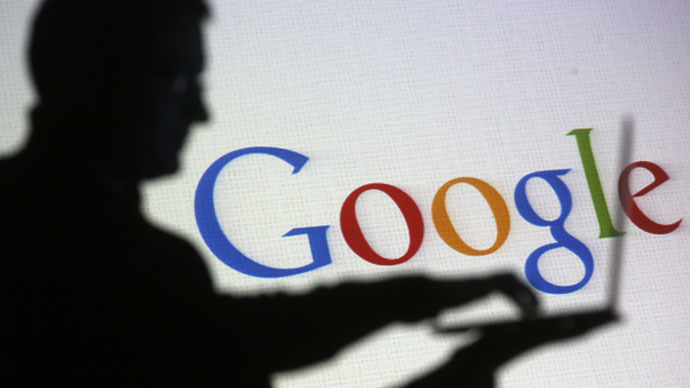Using Google makes people overestimate their own intelligence, study says

People across the world have become used to turning to Google and Yahoo to look up information and advice on a whole host of topics, but a new study shows that search engines are actually inflating people’s perception of their own knowledge.
In a study called “Searching for Explanations: How the Internet Inflates Estimates of Internal Knowledge,” researchers conducted nine different experiments that suggested those who learn something online feel they are smarter than those who learn it through books or via a teacher.
The findings were published in the American Psychological Association Journal of Experimental Psychology: General, where researchers said that “searching the Internet for explanatory knowledge creates an illusion whereby people mistake access to information for their own personal understanding of the information.”
With the help of functional MRI images, the study’s authors saw that people using the internet to uncover their information even saw their individual brains as more active.
Frequent use of @Google to find information gives people a widely inaccurate view of their own intelligence. http://t.co/npKvfFRP6a
— gettingsome (@gettingsome) April 1, 2015
One of the experiments involved showing one group of people the answer to a question via the internet and another group the answer via a printed page with the same information on it. After absorbing this data, the groups were asked a second question on a completely different topic. Despite neither group being able to search for the answer, the people who previously read their info online believed they were smarter than the non-internet group did.
Researchers also highlighted that this phenomenon could potentially contribute to the hardening of political beliefs, as internet searches increase the perception that one’s viewpoint is more solid than an opponent’s.
“The Internet is such a powerful environment, where you can enter any question, and you basically have access to the world's knowledge at your fingertips,” lead researcher Matthew Fisher of Yale University said to the Telegraph, which first reported on the findings.
“It becomes easier to confuse your own knowledge with this external source. When people are truly on their own, they may be wildly inaccurate about how much they know and how dependent they are on the Internet.”












